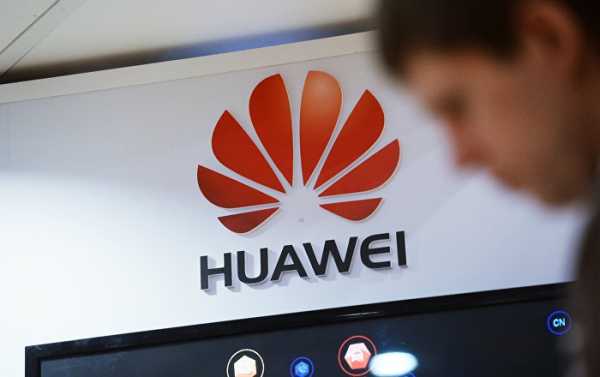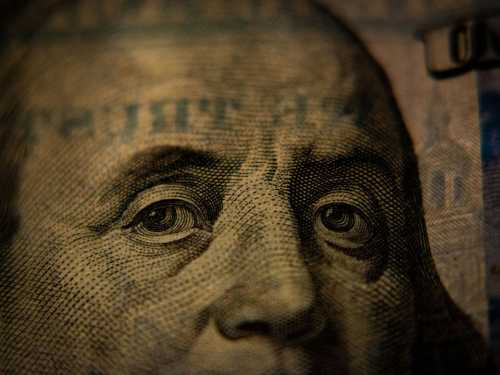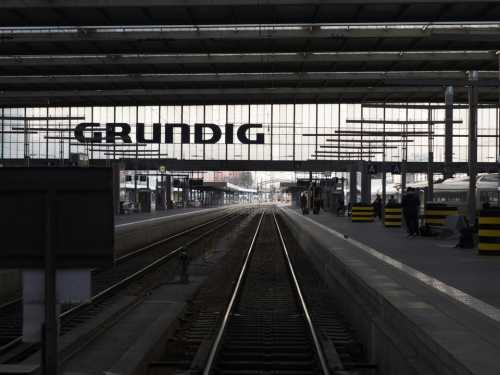
Huawei and Hikvision were blacklisted by the US Department of Commerce in 2019 as part of Washington’s ongoing trade spat with Beijing, with both sides imposing multibillion-dollar tariffs on each other’s products.
Chinese telecom giant Huawei Technologies and video surveillance company Hikvision have been described by the Trump administration as firms that are owned or controlled by the Chinese military, according to a Pentagon document obtained by Reuters.
Apart from Huawei and Hikvision, the document also singles out the China Mobile Communications Group, China Telecommunications Corp, and aircraft manufacturer Aviation Industry Corp of China.
Hikvision added that they had never taken part in any military-related R&D work and that they would cooperate with Washington to resolve the issue.
Republican Congressmen Tom Cotton and Mike Gallagher praised the Department of Defence (DOD) for releasing the designation list, also urging President Donald Trump to introduce economic sanctions against the Chinese companies mentioned in the document.
The White House, for its part, has not yet commented on whether sanctions will be imposed.
Republican Senator Marco Rubio, for his part, claimed that the document is “a start, but woefully inadequate to warn the American people about the state-owned and -directed companies that support the Chinese government and Communist Party’s activities threatening US economic and national security”.
US Crackdown on Huawei
US authorities placed Huawei, Hikvision, and scores of other Chinese tech firms on its Entity List in May 2019, citing national security concerns that their technologies could be used to spy on countries at the behest of Beijing.
Both the Chinese government and Huawei have vehemently rejected the allegations, with Hikvision board member Huang Fanghong arguing last year that the company had found “alternatives to most of the US components” and that they believe “the impact will be minor on our business”.
Washington also began a campaign of discouraging countries from allowing the firm to build national 5G networks using similar claims, despite rejections from the UK, France, Germany, the Czech Republic, and some Canadian telecom providers.
Sourse: sputniknews.com






